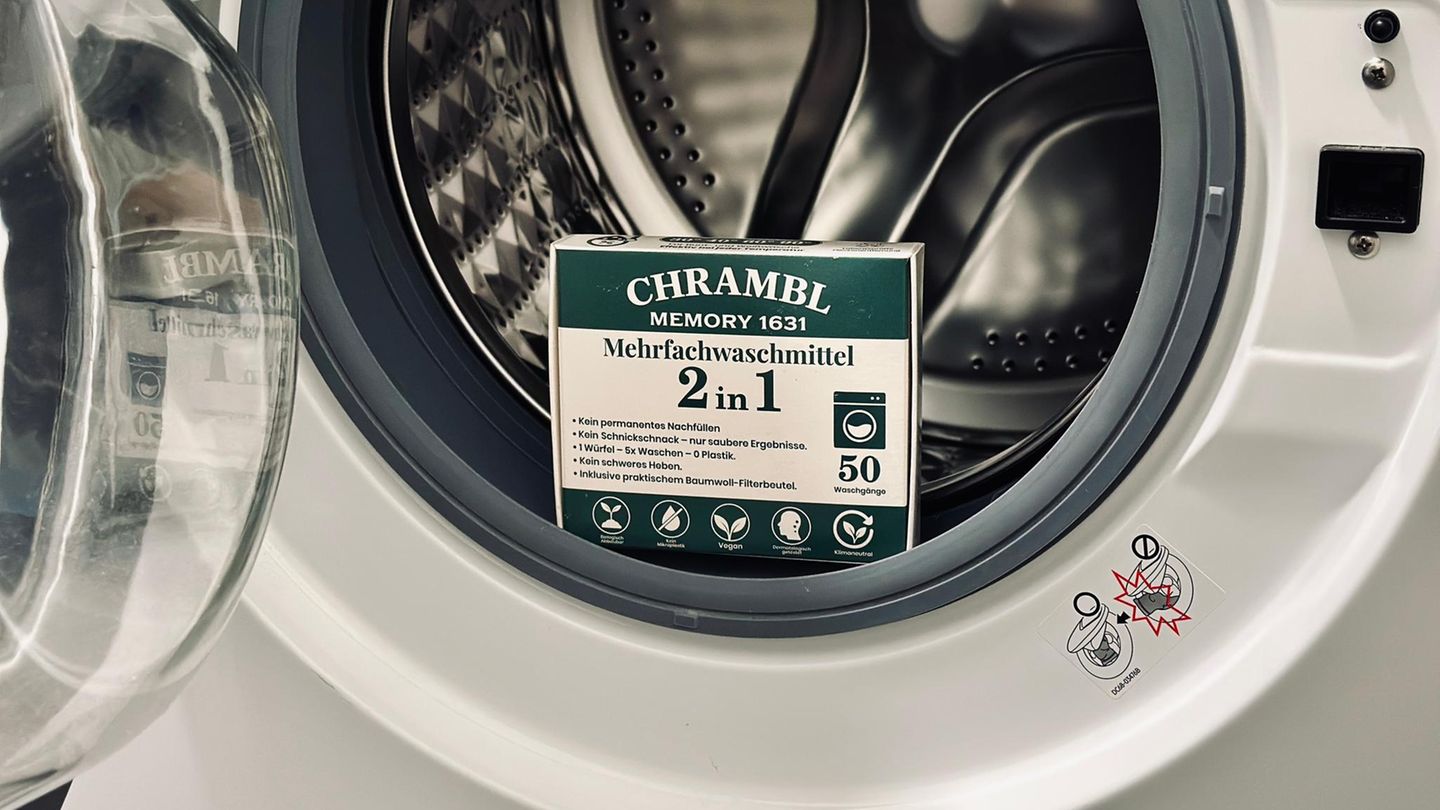The automotive industry is facing major challenges worldwide due to the change to e-mobility. Many managers in the industry therefore expect less growth. However, in one country confidence is increasing.
According to a survey, many managers in the automotive industry are somewhat more pessimistic about the future. This is shown by a study by the auditing firm KPMG on Thursday, for which more than 1,000 managers worldwide – a good half of them from the boardroom – from the industry were surveyed. Only 34 percent of managers are extremely confident that they will record profitable growth in the next five years. Last year, 41 percent of those surveyed said this.
According to the information, there were big differences depending on the region of the world and part of the industry: In Japan in particular, managers’ growth expectations fell significantly (minus 22 points). The minus was also visible among decision-makers in Western Europe and the USA. Only in China did the proportion of managers who were very confident increase from 28 percent in the previous survey to 36 percent currently.
China is the world’s most important car market. The local car industry has established itself as a supplier and is increasingly competing with other manufacturers with its own cars – and not just on the home market. With regard to electric cars, the country’s leadership set the goal of becoming a technology leader years ago.
Expectations clouded, particularly among automotive suppliers
The most pessimistic group was therefore supplier managers. The proportion of managers who were very confident about growing profitably fell by 32 points to 23 percent. The change to electric motors is hitting the industry particularly hard. Some automotive suppliers have to completely reinvent themselves due to the transformation, but can only pass on part of the costs to the manufacturers.
According to car managers, 30 percent of new cars sold in Western Europe will be electric cars in 2030. When asked about market leadership in the segment, the answer is quite clear: most industry executives see Tesla as ahead, followed by BMW and Audi. Mercedes-Benz comes in fifth place. Volkswagen came in eighth place after BYD and Toyota. A large majority of managers (77 percent) also expected that prices for new cars would rise by at least five percent within a year.
Managers expect upheaval in the car trade
The car trade could also face upheaval in the coming years. Only just under a third of those surveyed assumed that classic dealer models would still be the most important form of new car sales in 2030. The remaining managers expect that other sales channels will come out on top. These included, among other things, direct sales by car manufacturers to their customers or via digital trading platforms.
The long-term shift away from traditional car retail is likely due to the increasing penetration of digital platforms and changing consumer preferences, it said. According to KPMG, the executives were interviewed in October 2023. They came from 30 countries and were employed by manufacturers, suppliers, dealers and other areas of the automotive industry.
Source: Stern




